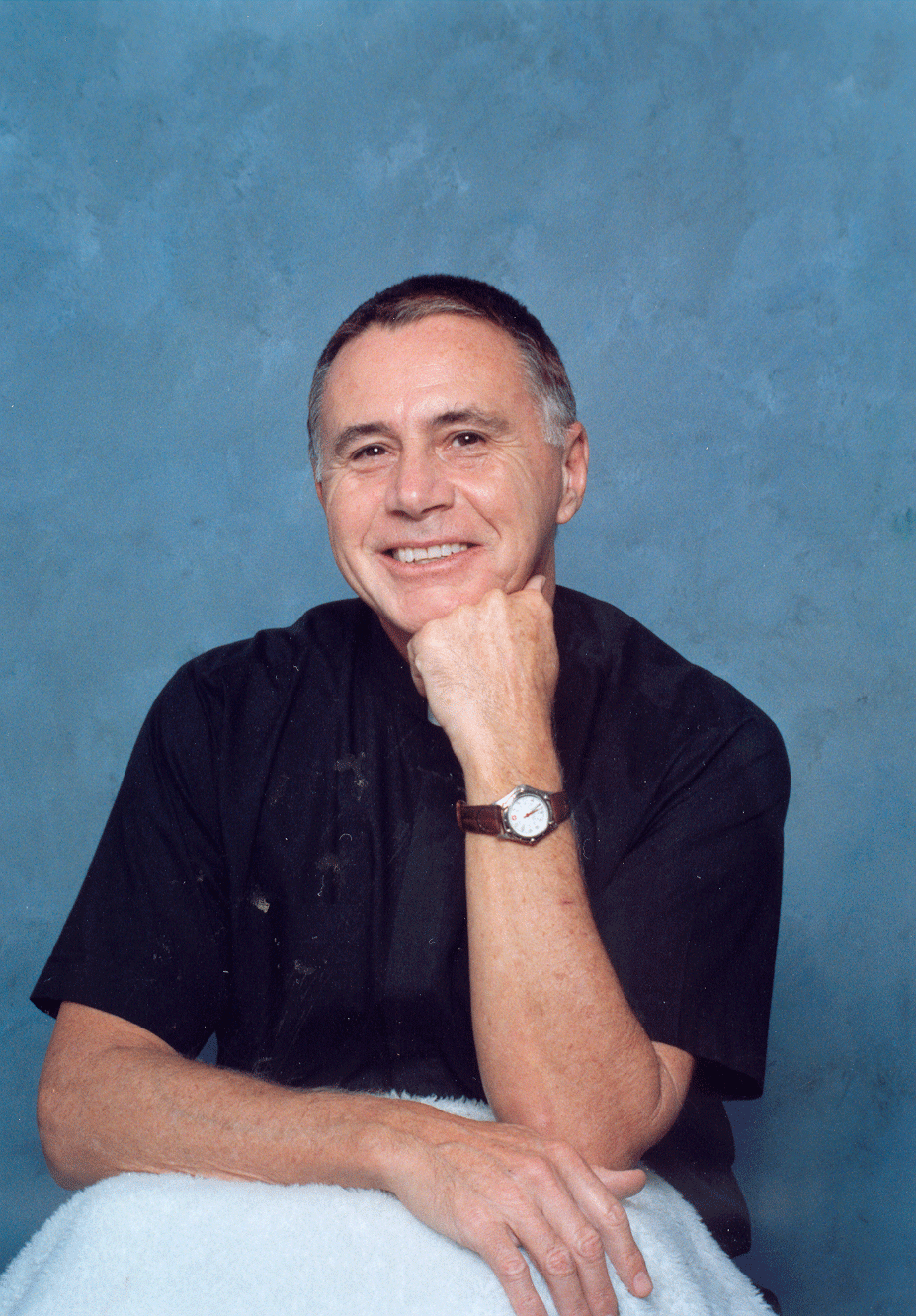Image: "End and Beginning" © Jan Richardson
When I was working at
the Center for Development one of my responsibilities was visiting dioceses
across the country.
I was part of a team
that would administer instruments to priests.
One of these was a time
competency instrument.
The almost universal
problem among the priests was a lack of competency for living in the present.
Much of their time was
spent either worrying about the past or worrying about the future.
They turned out to be
just like most people, they found it difficult to live in the present.
How competent are we in
living in the present?
It is the question the
whole season of Advent poses to us.
The first reading is a
lament.
Israel has returned from
exile but is living in a heap of ruins, in a destroyed economy.
Beaten down, broken and
abandoned, Israel is anxious and afraid for the future.
But note where the
prophet Isaiah ends his lament:
AYet, O Lord, you are our
father; we are the clay and you are the potter: We are all the work of your
hands.@
Isaiah ends squarely in
the present.
The lament concludes
with a simple acknowledgment of who God is for Israel and who Israel is before
God.
The people stand simply
in the here and now C watching, waiting,
trusting in God's power to save.
In the gospel, Jesus
calls us servants.
A servant is one who is
at another's beck and call, one whose life is not fully his or her own.
The master knows the way
and draws the boundaries.
There is no need for the
servant to be anxious or afraid.
The servant need only be faithful to the
boundaries.
So the gospel calls us squarely into the
present:
Be
on watch! Stay awake! Be on guard!
We are to acknowledge simply who God is for
us and who we are before God.
The gospel invites us to turn the whole of
the future over into the hands of God.
It invites us to stand in the here and now
faithfully watching, faithfully waiting, faithfully trusting in God's power to
save.
In the second reading Paul reminds us that
this faithful watching, waiting and trusting in God's power to save assumes a
particular shape for the Christian.
That shape is fellowship with Jesus.
Indeed, we might say that the very shape of
our watching, waiting and trusting is the Eucharist.
For faithful servants, there is no time or
event that pulls us more profoundly into the present than Eucharist.
And there is one moment in the Eucharist,
above all others, which places us squarely in the present.
That moment is when the minister says to
you, ABody of Christ@ or ABlood of Christ,@ and you respond, AAmen.@
That moment in the Eucharist plunges us
into communion with God and one another
beyond past and future, beyond anxiety and
fear, beyond time and space C
into the eternal present where we meet God
face-to-face.
Let go of anxiety and fear God tells us,
give past and future over into my hands,
embrace the eternal present offered us in
communion at this table and in the coming of the Lord.
To the extent we are unable to live fully
in the present, we cannot fully know God=s presence.


No comments:
Post a Comment
Add